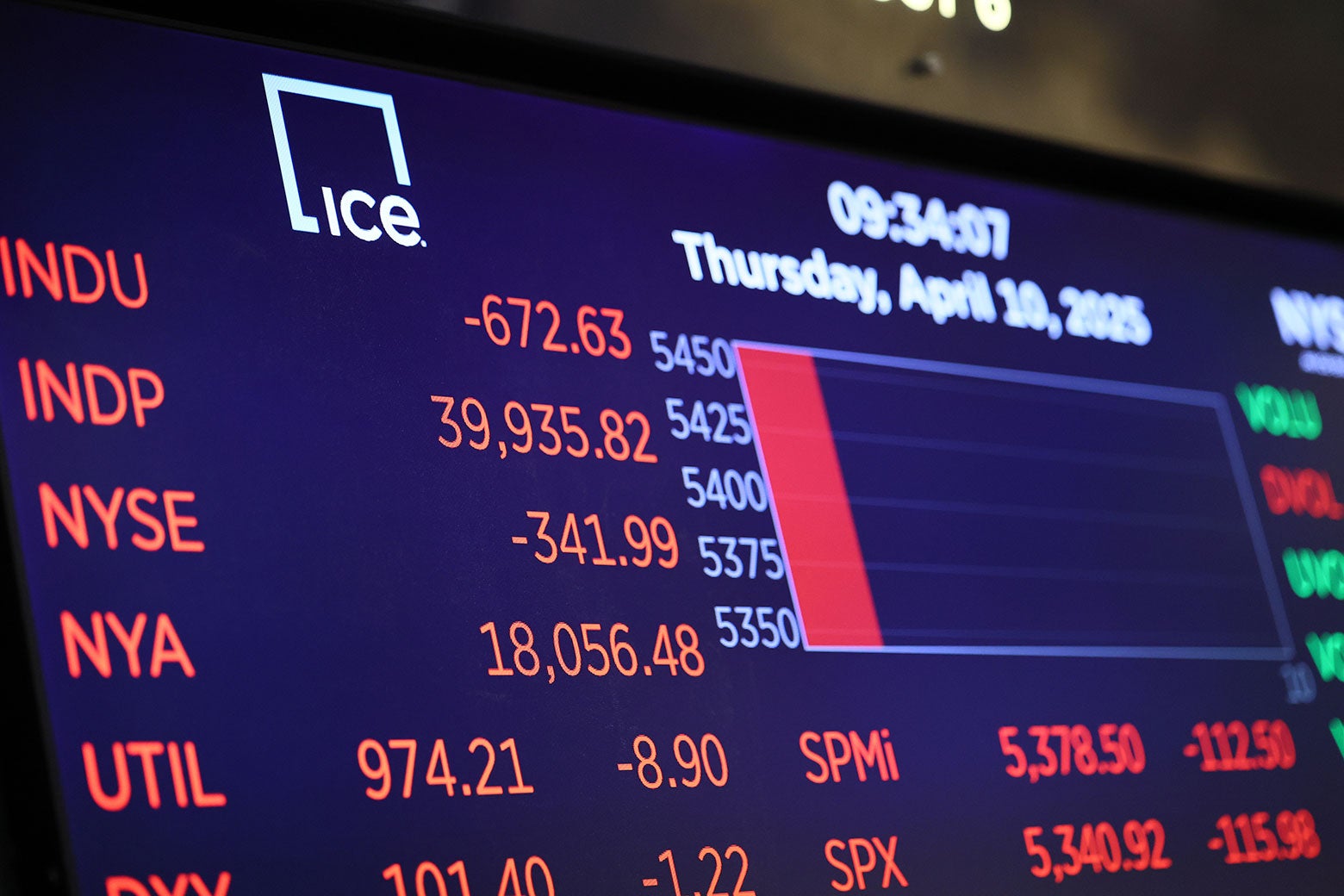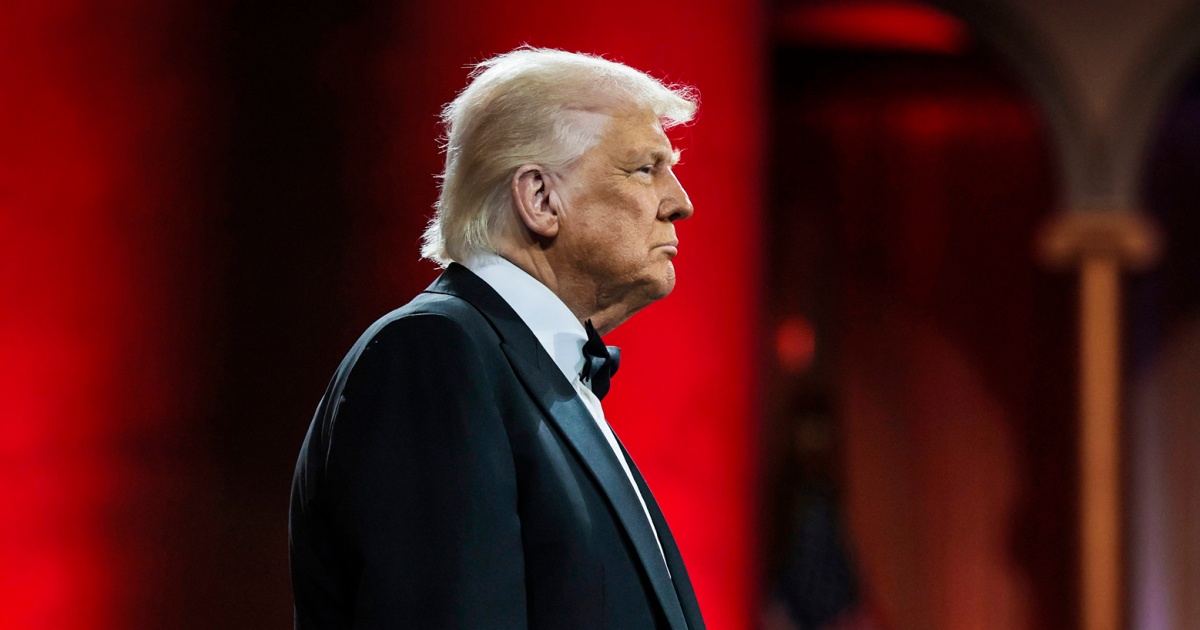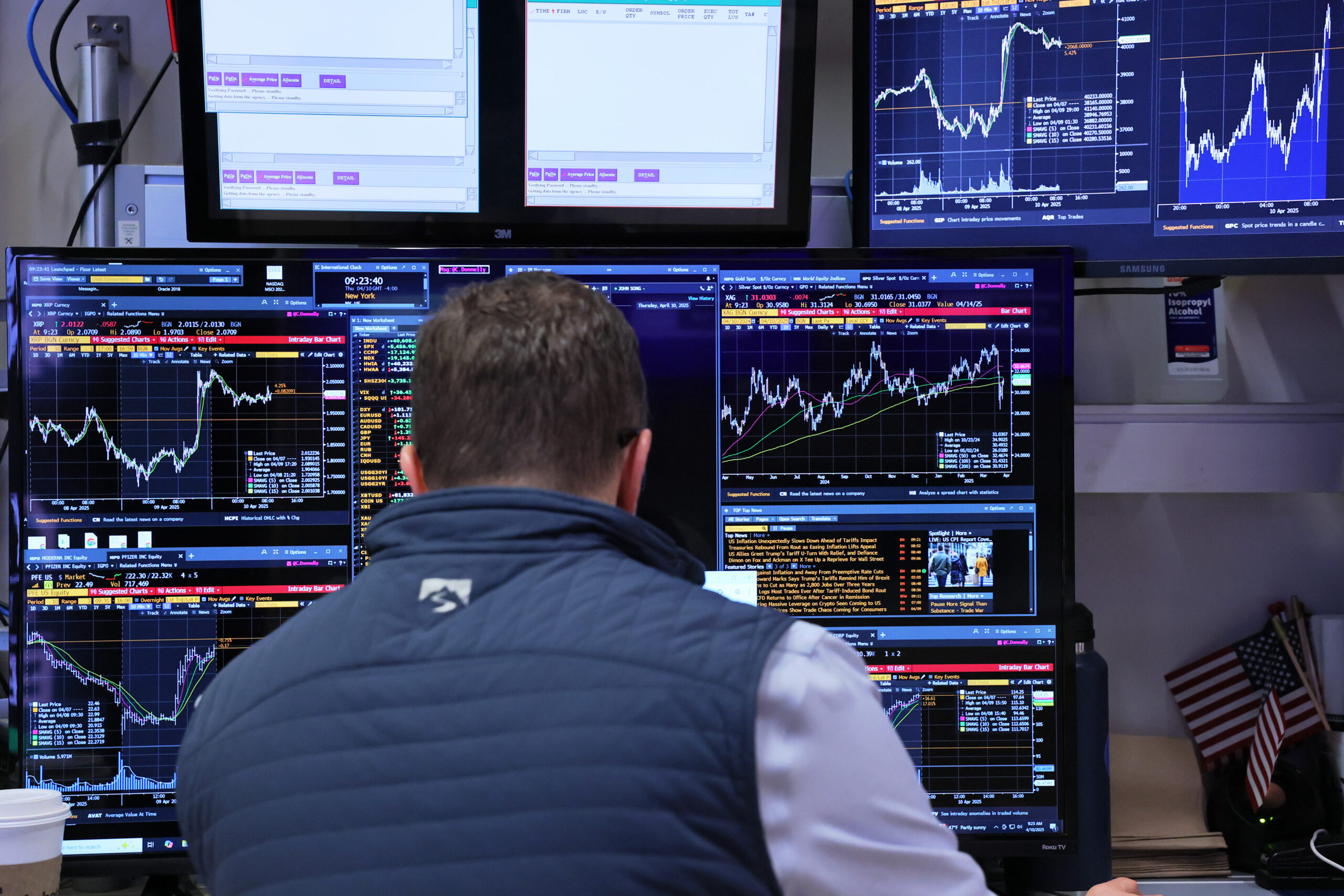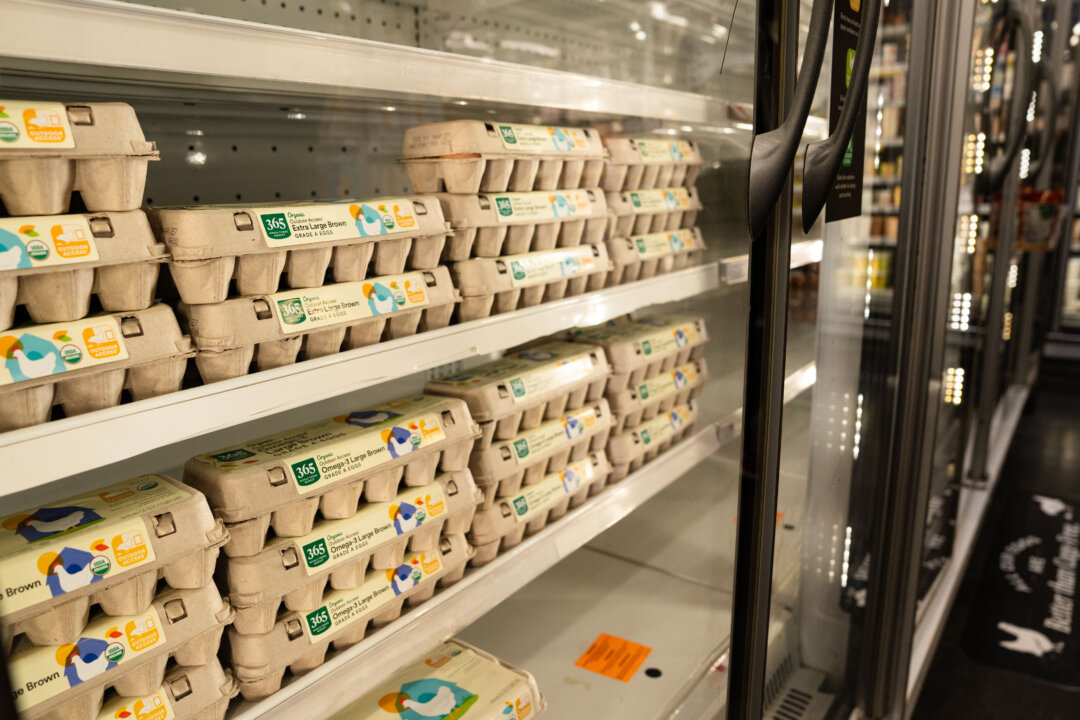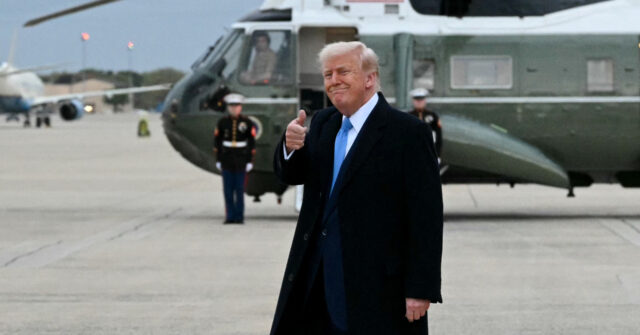Trump Downplays Market Turmoil Amidst New Tariff Conflicts with China
President Trump reassures that market instability from tariffs is a temporary transition issue, while escalating tensions with China escalate tariffs to 145%.
Overview
In March 2024, U.S. consumer prices fell 0.1%, influenced by a 2.4% drop in energy costs, marking the first decline since May 2020, with core inflation at 2.8%. President Trump highlighted this as a victory amid concerns over rising food prices and instability from new tariffs. As of April 2025, Trump’s administration downplayed the ongoing market turmoil from tariffs as 'transition costs.' Global markets saw volatility, especially with the announcement of a 145% tariff on Chinese imports, provoking fears of a serious trade war, despite Trump's optimism about a favorable resolution with Beijing.
Report issue

Read both sides in 5 minutes each day
Analysis
- Trump and his team downplay continued market turmoil as 'transition costs,' insisting the economy remains fundamentally strong despite the turmoil caused by tariffs.
- After a brief moment of market relief, stocks plunged again, reflecting ongoing uncertainties regarding Trump's trade policies, particularly around China where tariffs reached 145%.
- Administration officials remain optimistic about trade negotiations, highlighting plans to engage with smaller nations, but they also acknowledge potential consequences if no agreements are reached within the 90-day tariff pause.
Articles (13)
Center (5)
FAQ
The 125% tariffs imposed on Chinese imports are significantly impacting Amazon sellers. Many cannot absorb these costs, making price increases likely, which could lead to business closures. Despite efforts to close loopholes that benefited direct-from-China sellers, manufacturing in the U.S. is not financially feasible for most sellers[1].
The tariff rates have been significantly increased; for example, Taiwan faces a 32% tariff, while Vietnam is subject to a 46% tariff. These rates are part of broader reciprocal tariffs imposed by the U.S.[1].
The 'de minimis' exemption allowed goods under $800 to avoid taxes and duties. Ending this on May 2 will increase costs for businesses and online sellers importing goods, potentially leveling the playing field against cheaper imports[1].
History
- 8M

 4 articles
4 articles
- 8M

 3 articles
3 articles
